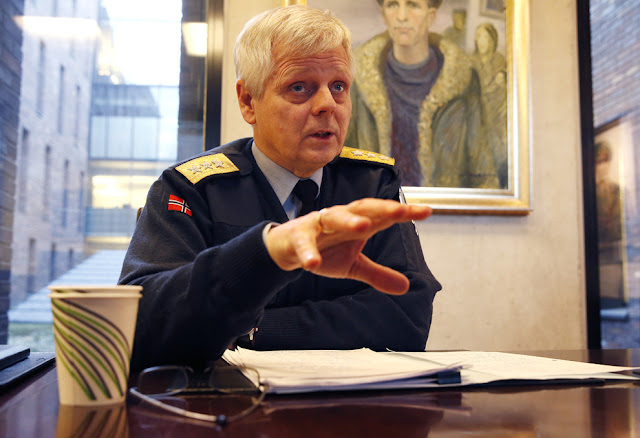According to the Serbian Televizija Republike Srpske - a Bosnian entity level public mainstream TV - Turkish President Recep Tayyip Erdogan’s wife, is the patron of the weightiest humanitarian organization: Humanitarian Relief Foundation (IHH).
IHH is a radical Islamic organization, established in 1992 by a member of the Turkish Refah Party and formally registered in Istanbul in 1995. Besides its legitimate humanitarian activities, IHH supports radical Islamic networks. In recent years, it has prominently supported Hamas (through the Union of Good).
In addition, the Intelligence and Terrorism Information Center (ITIC) has reliable information that in the past IHH provided logistical support and funding to global jihad networks.
The Balkans, and specifically the western portion of them with Bosnia and Herzegovina, has become a major recruitment base for ISIS due to their high rates of unemployment and the growing size of marginalized sectors of society.
The Balkans is strategically important for ISIL as they serve as a major transit zone for foreign recruits to ISIL from various parts of the world. The Balkans are also important for ISIL for movements in the opposite direction, it is a transit point for operatives into Western Europe and a staging point for terrorist operations.

















